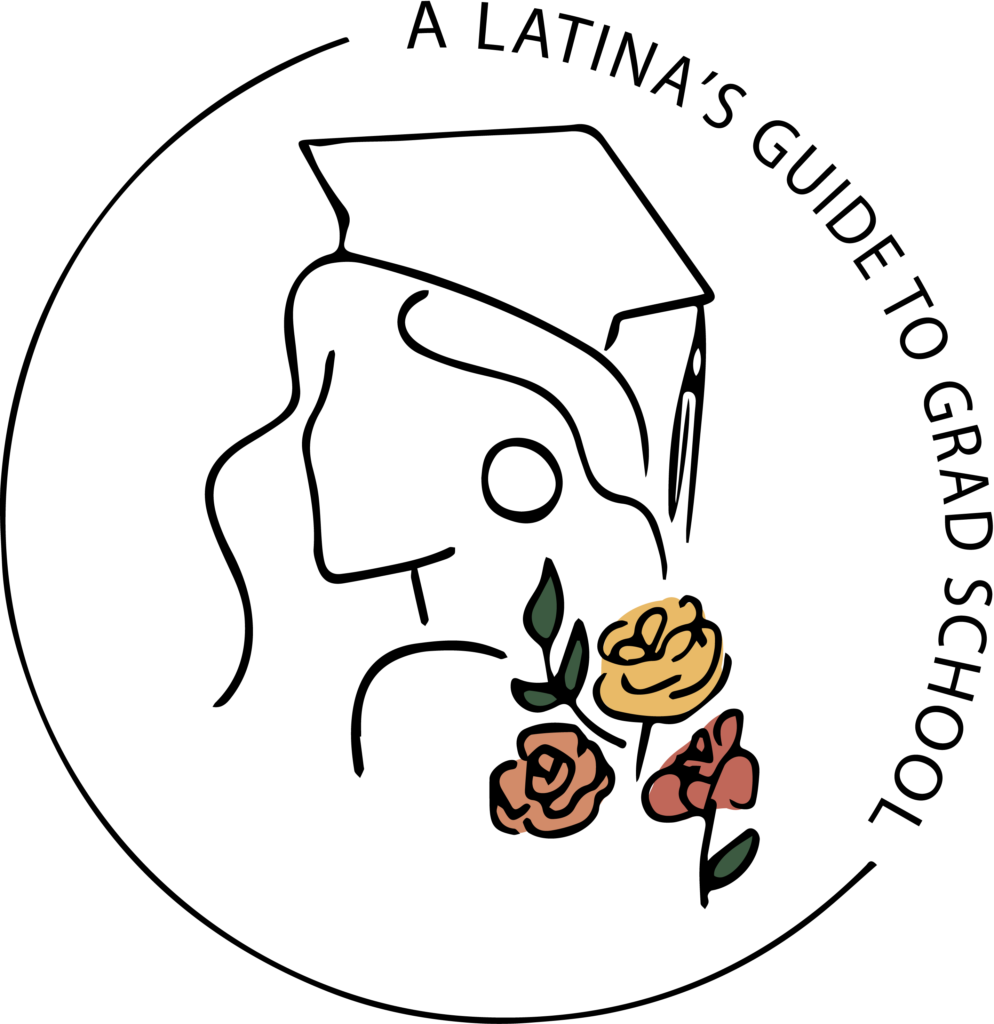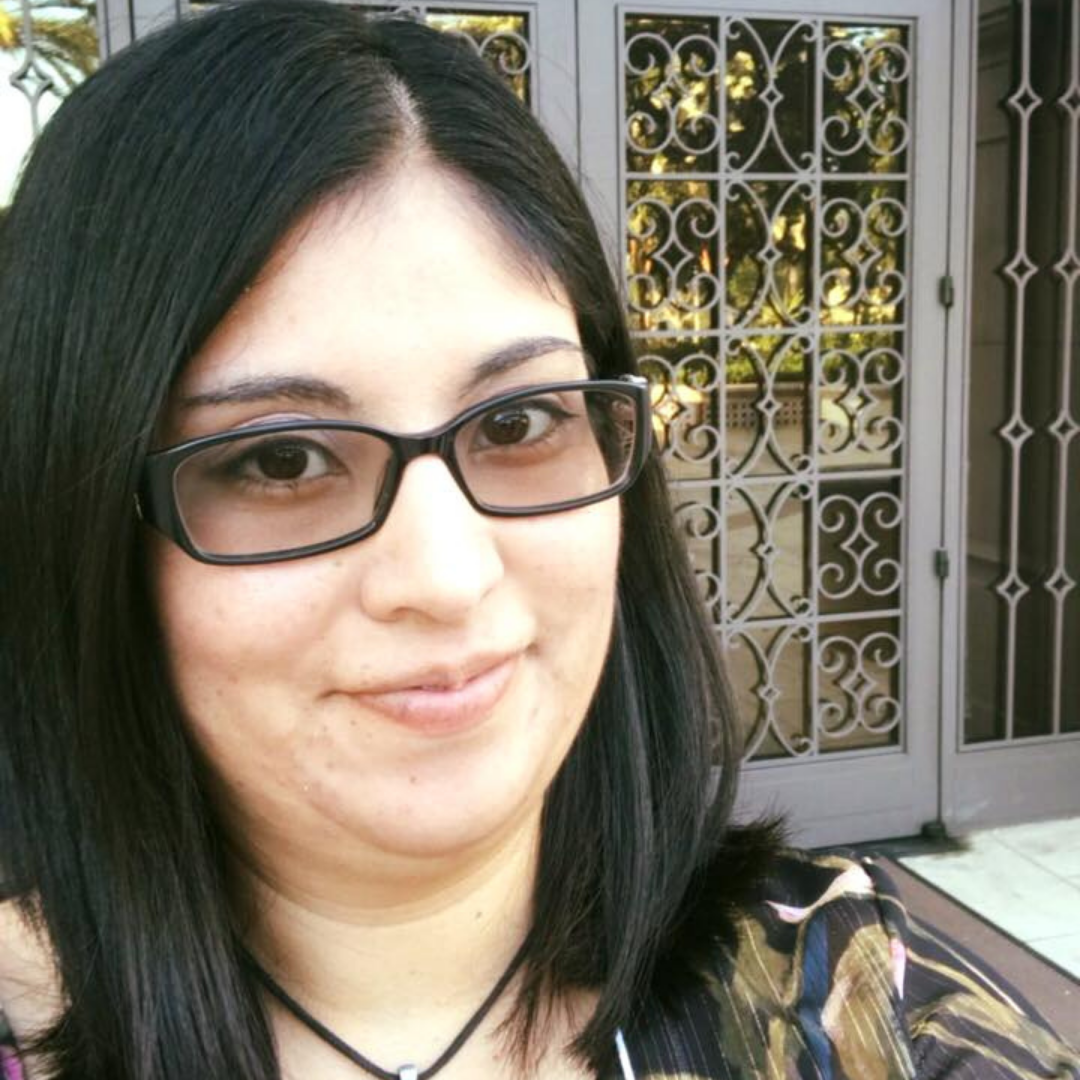Describe your personal, educational, and professional experiences and how they informed your decision to pursue a graduate degree.
My interest in psychology and human development came from a desire to help others, realizing the impact I could have on my community and how I could support my family as an educated Latina. As I was considering graduate school, I came across the field of higher education leadership and administration. I realized that I wanted to help first-generation students from marginalized populations succeed in college, as other professionals supported and guided me as an undergraduate student. My faculty mentor made suggestions for how I could look at different programs and I was drawn to the University of San Diego. I struggled with imposter syndrome, thinking that I would not be smart of skilled enough to pursue a graduate degree. I was intimidated by the program I was interested in, but I was also drawn to it. I thought back to what was motivating me to pursue higher education as a profession and my potential for growth. Pursuing my graduate degree, I was greatly challenged, but I am so appreciative of the connections I’ve made and how I’ve grown on a personal and professional level.
What challenges did you encounter along your educational trajectory? How did you overcome those challenges?
I struggled significantly with depression and anxiety. I navigated stigma, imposter syndrome, and even considered dropping out of college. I constantly thought about the struggles my parents went through and I was fearful of letting them down. I pushed myself to reach out to the counseling center, which did help me, but I also want to acknowledge how important it is to have mental health professionals that students of color can connect and identify with. My family supported me, even though at times I didn’t know how to explain what I was going through, and I was also connected with resources through the Student Support Services (SSS) program. My mental health experiences actually inspired my action research project for my graduate degree, focusing on the experiences of first-generation graduate students at USD, and how the on-campus mental health resources can provide support specifically for first-generation and students of color.
What advice do you have for individuals who are interested in pursuing a graduate degree?
Familiarize yourself with imposter syndrome and how you could be experiencing it. It’s hard to not compare ourselves to others and feel like we are “not doing enough” or “not skilled enough,” but everyone has their own journey and timeline. Don’t let the comparison of others dissuade you from pursuing a career or interest on your own time. Be mindful of what self-care you need and how to practice it daily and implement it into the decisions you make (i.e. managing how many activities you are involved in, volunteering, what community you feel connected to and how to make time to nurture those connections) Also, be aware of how you can open doors for others– We rise by uplifting others!
What did you enjoy most about your graduate/professional program?
I am appreciative of the connections I’ve made and how I have grown as a person and as a professional. I didn’t realize how impactful the program would be on my life besides my career. I became aware of the values I want to fulfill in my life, and also became much more aware of social justice and equity issues. I realized the impact I could make serving the community and as a higher education professional.


